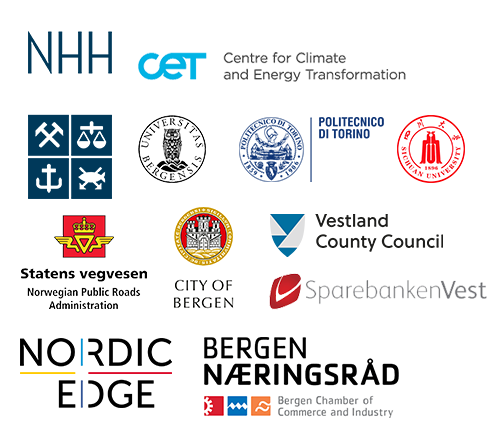CITYFREIGHT
The project provides authorities with concrete evaluation tools for regulating freight transportation in smaller cities.

Main content
Urban population growth is driving an increase in the amount of freight that goes into and out of cities. That growth poses an increasing challenge to freight transportation in smaller compact cities with difficult topology, which is typical for most Norwegian cities and numerous cities abroad. This transportation challenge is exacerbated by phenomena such as an increase in internet trade, the demand for fast delivery, and a reduction in the ownership of private cars in the city centre which could be used for shopping. The result is an increase in the total volume of freight, and more critically, in the total number of deliveries, normally managed by a large variety of transportation companies. Unless planned for and regulated, a consequence might be increased traffic, with enhanced energy consumption, that competes for available space and may affect living conditions for a growing urban population. Hence, to respond to this challenge, public authorities need to search for innovative ways to handle the substantial increase in the number of deliveries.
CITYFREIGHT provides authorities with concrete evaluation tools for regulating freight transportation in smaller cities, as there is little practical knowledge available in the literature. It makes substantial contribution through its close connection between academia and the authorities responsible for city developments and regulations. Our focus is different from much of the logistics literature, where the focus is on running a city logistics system as a business idea. Instead we focus on the role of the authorities, and we analyse real cases to the benefit of the City of Bergen and as a genuine test of the tools. Co-producing knowledge with user partners and stakeholders means that we will be able to use experiences of non-academic collaborators to improve knowledge for both science and for society.
